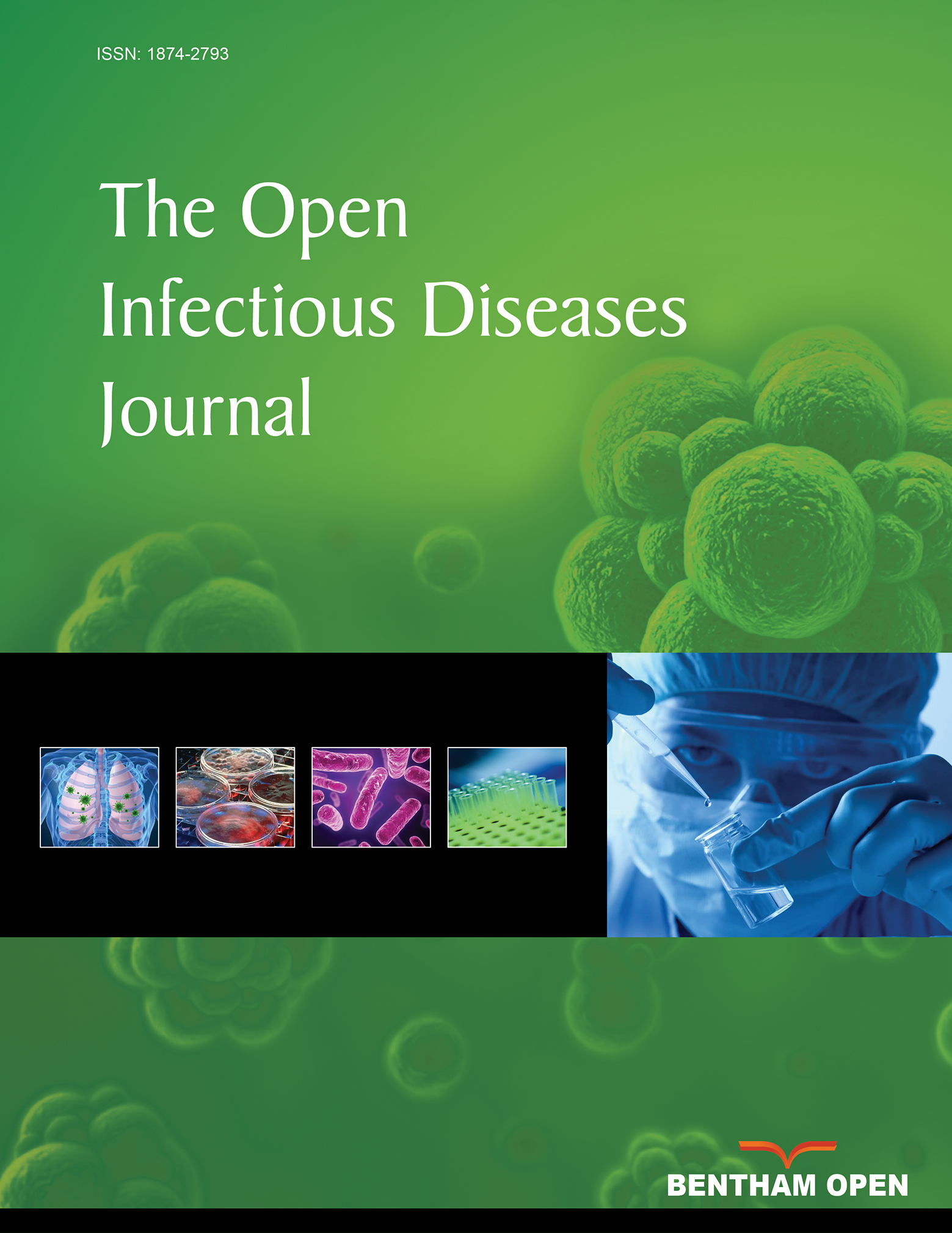All published articles of this journal are available on ScienceDirect.
Intestinal Parasitic Infections in Foreigners Detected by Stool Examination in Taiwan
Abstract
Many foreigners enter Taiwan for the purpose of marriage or study, or as dependants or relatives of Taiwanese citizens. The aim of this study was to investigate the proportions of these immigrants infected with intestinal parasites. A total of 2875 foreigners from 39 countries or regions underwent stool examination in our hospital within the study period, and the merthiolate iodine formaldehyde method was used to diagnose intestinal parasite infections. In total, 214 foreigners (7.4%) were found to be infected, and hookworm was identified as the most prevalent intestinal parasite (2.92%). Infection was most prevalent in the Vietnamese foreigners (46.3%), followed by the Chinese (38.8%), and was more prevalent in females (92.3%) than in males. Among the intestinal parasites identified, hookworm (2.92%), Trichuris trichiura (1.18%), and Blastocystis hominis (1.14%) were the three most prevalent. Infection was most prevalent in the foreign brides group (11.9 %), hookworm and Trichuris trichiura being the two most common species of intestinal parasite in the foreign brides and foreign dependants/relatives of Taiwanese citizens, while the proportion of foreign students infected was lower. Most foreigners enter Taiwan for the purpose of marriage or study, or as dependants/relatives of Taiwanese citizens, and originate from countries or regions in which public health is poorer than in Taiwan. Therefore, close monitoring and examination of these foreigners continue to be indicated.


